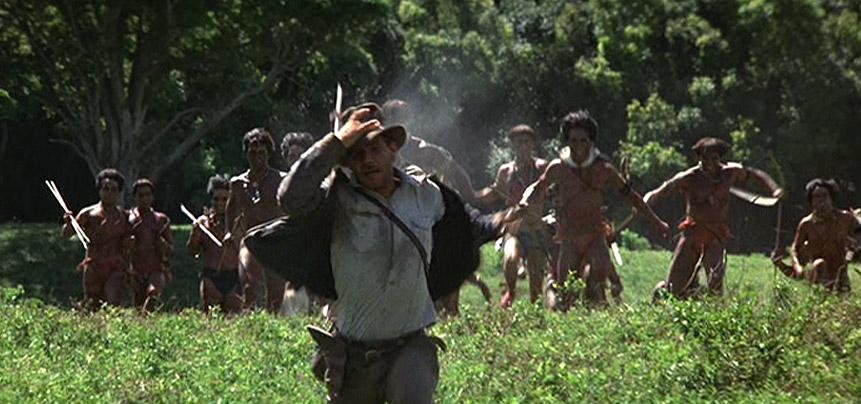From a post I made at RS, seems worth repeating here for those who aren't following the frantics over there.
... something I was talking about yesterday with a friend which I called The Destiny Delusion (future article?) - the way in which we, our constructed ID selves, manage to get hold of (what we assume to be) elements of truth, reality, and the divine, and shape them, according to the patterns of our lower/wounded natures, into a grand destiny-design that FEELS as real, more real even, than anything we have experienced. Entheogens, for me, were a major component in creating and expanding that Destiny Delusion, whereby I became convinced of certain things about myself and my role in the universe, personal and beyond. People we meet (especially ones we fall in love with, in my experience) hook into our delusional narratives (all of which, let's face it, are founded in and filtered through an erroneous belief that we are "discreet," separate entities) and so we get married, join groups, follow gurus, start movements, write books, sing songs, and all the rest, happily building (adding our energy and attention to) a "second matrix" kind of set-up (bardo realm for the living) that keeps us from realizing the truth about ourselves and reality, preciselybecause it appears to be "ultimate truth/reality." In simple (paranoid) jargon, it's the old shtick of demons disguised as angels, luring us into hellfire by playing on our vanity. Hence the inorganics that CC describes, hooking into our patterns, fears, hopes, desires, and telling us exactly what we want to hear.
I am 44 years old and I have to face up to the very real possibility (and I think it's more than just a possibility) that my whole adult life has been a kind of wrong turn. That said, recognizing the wrongness of it may just make it the right path after all, in a strange and mysterious way, though that remains to be seen. REALLY recognizing how wrong we are goes much deeper than an intellectual concession, all the way to the marrow of our bones. It is, I imagine, a psyche-splitting axe blow from which we never recover our former sense of selves.
Obviously the idea of demons (aka patterns) tricking us into a false sense of destiny is ‘paranoid’ in the extreme, and if it were true, recognizing the truth of it would make it very difficult NOT to become paranoid, even clinically speaking. But ironically, it’s only the constructed ID (which is responsible for co-creating this diabolic delusory realm) that insists on seeing things in such black and white terms at all. It insists on imagining angels and demons as also being discreet entities, like us, and so the danger is in reinforcing the second matrix program through fear and resistance to it (the flyers feed on fear of the flyers – so ignorance to them may be the best defense the average man has, puny as it is).
Angels and demons aren’t separate beings, however, but opposite poles of a single energy-consciousness system much like day and night; and human beings are capable somehow of containing the full spectrum of awareness that spans that polarity (hence the angel and devil on each shoulder cliché). The real danger is not in becoming prey to demons, but in mistaking cold for hot, day for night, demon for angel, and responding inappropriately (insanely) to the cues. There’s nothing “bad" per se about being taken over/eaten by inorganic beings. The badness/wrongness is in the error of thinking that something else is happening than what is in fact happening. That’s delusion, and the real trouble with delusion is that it’s self-sustaining and self-propagating: when we are deluded, our mistaken assumptions cause us to act in ways that lead us ever deeper into delusion.
The first, most difficult but also essential step, is recognizing our capacity for delusion as being very nearly total, and to do that without giving in to paranoia and despair. Not-knowing (knowing that we don't know WTF is going on) is the only real ground in which gnosis can grow in, and I presume it's for that reason that gnosis always happens of its own accord, never as the result of anything we do.
Real freedom begins with not needing to understand anything before we accept it, accepting things as they are, and letting understanding come post-acceptance.











